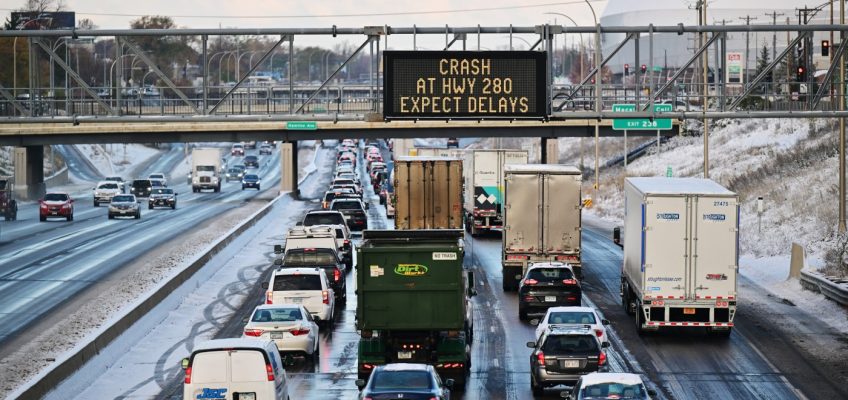By BRUCE SHIPKOWSKI, Associated Press
NEW YORK (AP) — A woman on probation for stowing away on an international flight has been arrested again after sneaking onto a flight from Newark, New Jersey, to Milan, Italy, according to a law enforcement official familiar with the matter.
Svetlana Dali, convicted in 2024 for flying to Paris without a passport or ticket, was taken into custody Thursday at Milan’s Malpensa Airport, said the official, who was not authorized to disclose information publicly about the case and spoke to The Associated Press on condition of anonymity.
FBI spokesperson Emily Molinari said the agency’s Newark office was “aware of the alleged stowaway,” but didn’t immediately disclose additional information. The FBI is working with the Port Authority of New York and New Jersey, which operates Newark Liberty International Airport, and the Transportation Security Administration “on this open investigation,” Molinari said.
United Airlines, which operated the flight, said it is “investigating this incident and working with the appropriate authorities.”
Burger King is testing AI headsets that will know if employees say ‘welcome’ or ‘thank you’
Penguin Press founder Ann Godoff, a powerhouse editor of bestsellers and prize winners, dies at 76
US military would only use Anthropic’s AI technology in legal ways, Pentagon says
Shrinking North American bird population is getting worse faster. Experts blame agriculture, warming
Weber recalls 3.2 million wire-bristle grill brushes
Michael K. Schneider, Dali’s federal defender who was also handling her appeal of the prior charges, declined to comment Thursday. He also declined to comment on whether Dali had a mental health evaluation as the terms of her supervised release required.
“I can’t comment on what she’s done since her release. My office is handling the appeal, which is still pending,” Schneider said.
Dali had been convicted in May 2025 on a stowaway charge for slipping past security and airline gate agents at John F. Kennedy International Airport in New York sneaking onto a flight from New York to Paris.
Surveillance video showed Dali, a Russian citizen with U.S. residency, slip in with a group of ticketed passengers to walk by Delta Air Lines staff unnoticed. In court, Dali said she walked onto the plane without being asked for a boarding pass. On the plane, prosecutors say she hid in a bathroom for several hours and wasn’t discovered until the plane was nearing Paris.
After being flown back to New York, she told an FBI agent she had to the leave the U.S. because she believed people who were poisoning her, according to court documents.
Before this latest incident, Dali was still on one year supervised release after being sentenced to time served last July. Among the standard conditions of probation listed is that she can’t knowingly leave the federal judicial district where she was authorized to reside without first getting permission from the court or the probation officer. She was also ordered to undergo a mental health evaluation and participate in treatment if deemed necessary.
Prosecutors have said Dali evaded security measures at two other airports before the JFK incident, and they believe she may have stowed away on another flight.
Two days before she sneaked on the Paris flight, she was able to get through TSA checkpoints at Bradley International Airport near Hartford, Connecticut, by hiding among other passengers. Authorities said she unsuccessfully tried to get on a plane and then left the airport.
In February 2024, U.S. Customs and Border Protection agents discovered Dali hiding in a bathroom at Miami International Airport, prosecutors said. Dali was escorted out of the airport after the agents couldn’t confirm her story that she had just arrived on an Air France flight, prosecutors said.
Prosecutors said federal agents did not make any findings that Dali had illegally traveled as a stowaway to Miami, but her statements to law enforcement after her arrest in Paris appeared to indicate that she had flown into Miami illegally.
Associated Press writers Michael R. Sisak and Philip Marcelo in New York contributed to this report.




